Britain & Ireland
What was it about industrialisation that led to the emergence of a woman’s movement in Victorian Britain? Why do we see so many people fighting for so many rights and liberties in this period and what are the origins of some of the issues we still campaign on today? This section includes our major series on Social and Political Change in the UK from 1800 to the present day. There are also articles and podcasts on the often violent relationship between England and Ireland during this period and England’s changing relationship with Scotland and Wales. Read more
Sort by:
Date (Newest first) | Title A-Z
Show:
All |
Articles |
Podcasts |
Multipage Articles
-

1968: the year of reckoning
ArticleClick to view -

Homosexuality in Britain Since 1967
ArticleClick to view -

A tale of two Turings
ArticleClick to view -

English first-aid organisations and the Provisional IRA mainland bombing campaign of 1974
ArticleClick to view -
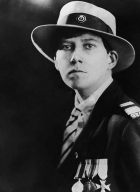
Rotha Lintorn-Orman: the making of a fascist leader
ArticleClick to view -

A revolution in warfare: the creation of the RAF
ArticleClick to view -

Out and About: on the trail of the Pentrich Rebellion
ArticleClick to view -
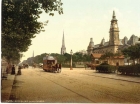
My Favourite History Place: Lord Street, Southport
ArticleClick to view -

Podcast Series: The Age of Revolutions
Multipage ArticleClick to view -
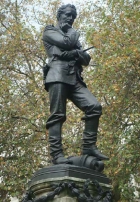
A tale of two statues
ArticleClick to view -

Terriers in India
ArticleClick to view -

1851 by Asa Briggs
ArticleClick to view -
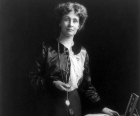
Podcast Series: The Women's Movement
Multipage ArticleClick to view -

Podcast Series: Politics, Reform and War
Multipage ArticleClick to view -

Podcast Series: Religion in the UK
Multipage ArticleClick to view -
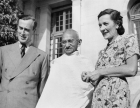
Admiral Lord Mountbatten: man of science and royal role model
ArticleClick to view -

The development of the Department of Health
ArticleClick to view -
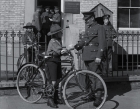
British organised youth and the First World War
ArticleClick to view -

The Great Yarmouth Suspension Bridge Disaster of 1845
ArticleClick to view -
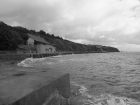
Folkestone in World War One
ArticleClick to view

